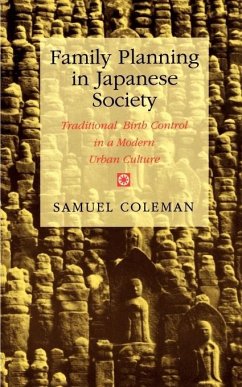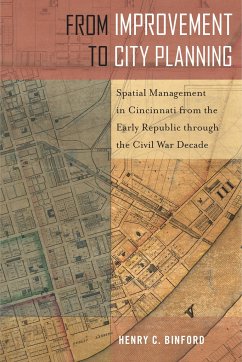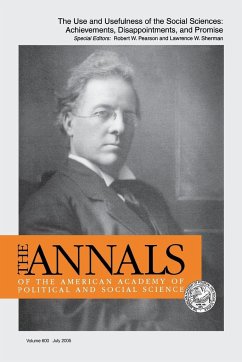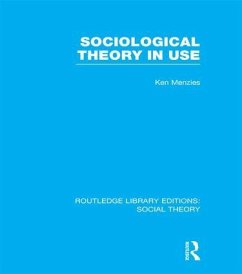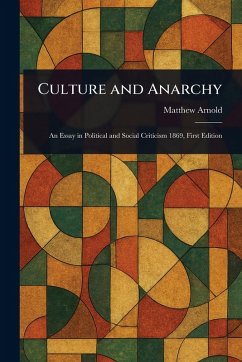
Use of Culture in Operational Planning
Versandkostenfrei!
Versandfertig in über 4 Wochen
15,99 €
inkl. MwSt.
Weitere Ausgaben:

PAYBACK Punkte
8 °P sammeln!
Recent conflicts, such as Operation Iraqi Freedom, have challenged operational commanders to develop skills to manage indigenous population issues. These skills were developed out of necessity after the conflict is over. Dealing with the population, such as the Iraqi Shi'ites, inevitably leads to a crash course in the local culture. Cultural knowledge, though, is neither significantly used nor considered during planning and not referenced during execution until the primary conflict is over. Instead of being an afterthought, cultural knowledge should be one of the primary considerations of plan...
Recent conflicts, such as Operation Iraqi Freedom, have challenged operational commanders to develop skills to manage indigenous population issues. These skills were developed out of necessity after the conflict is over. Dealing with the population, such as the Iraqi Shi'ites, inevitably leads to a crash course in the local culture. Cultural knowledge, though, is neither significantly used nor considered during planning and not referenced during execution until the primary conflict is over. Instead of being an afterthought, cultural knowledge should be one of the primary considerations of planning. Cultural knowledge and understanding can benefit a combatant commander's mission when integrated into an operational level course of action especially when the desired outcome is to win and utilize the popular support of the indigenous population. A special staff position on a joint task force level staff could provide the commander and staff all the necessary information during the planning and execution phases of the operation. This special staff person, a cultural consultant, would have training in the study of culture, as well as military operational knowledge, and would not only be the resident expert but also would have access to other experts in the academic and professional arena. This work has been selected by scholars as being culturally important, and is part of the knowledge base of civilization as we know it. This work was reproduced from the original artifact, and remains as true to the original work as possible. Therefore, you will see the original copyright references, library stamps (as most of these works have been housed in our most important libraries around the world), and other notations in the work. This work is in the public domain in the United States of America, and possibly other nations. Within the United States, you may freely copy and distribute this work, as no entity (individual or corporate) has a copyright on the body of the work. As a reproduction of a historical artifact, this work may contain missing or blurred pages, poor pictures, errant marks, etc. Scholars believe, and we concur, that this work is important enough to be preserved, reproduced, and made generally available to the public. We appreciate your support of the preservation process, and thank you for being an important part of keeping this knowledge alive and relevant.



